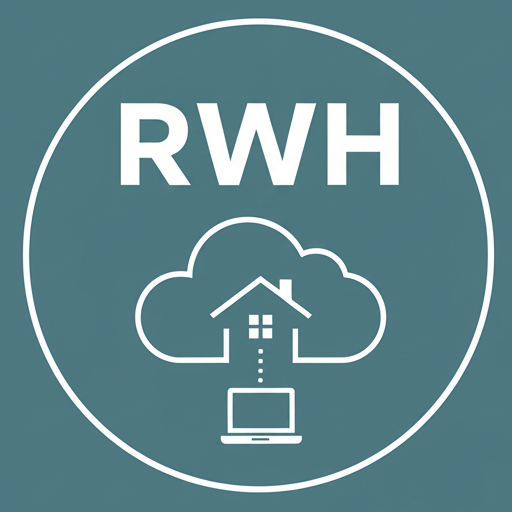
The Illusion of Remote Productivity
Remote work promised us freedom: the end of long commutes, endless meetings, and constant micromanagement. For a while, it felt like a dream come true. But now, a few years in, we’re forced to ask a harder question:
Are we actually getting more done—or just better at looking productive?
With Slack messages flying, calendars packed with back-to-back calls, and time-tracking tools running in the background, it’s easy to appear busy. But many remote workers are realizing that the line between productivity and performative work has become dangerously thin.
The Rise of Performance Anxiety in Remote Work
Without a boss walking past your desk or co-workers glancing at your screen, remote workers have had to replace physical presence with digital activity. That means:
- Overcommunicating in Slack
- Attending every Zoom meeting, even when unnecessary
- Logging hours on productivity tools
- Replying instantly to messages to prove availability
The result? Many are trapped in a cycle of “looking busy” to justify their remote status—especially as Return-to-Office (RTO) mandates loom like a threat.
If you’ve ever felt guilty for taking a break in your own home, or for stepping away from your laptop for lunch, you’re not alone. The pressure to perform has gone digital—and it’s exhausting.
Tools Are Making It Worse, Not Better
Ironically, the same tools meant to boost efficiency often fuel the illusion. AI scheduling assistants, automated standups, task trackers, and notification-heavy dashboards can make you look incredibly productive—even if you’re just shifting tasks around without making meaningful progress.
In our post AI Should Be Saving Time—So Why Do We Feel Busier Than Ever?, we explored how automation has turned into digital overload. Instead of giving us breathing room, these tools fill every gap with more things to track, update, and optimize.
It begs the question: Is our value being measured by output, or by optics?
The Hidden Cost of Appearing Busy
The emotional toll of this performative productivity is real. Many remote workers report:
- Chronic stress and burnout
- Decision fatigue from constant context switching
- Guilt for not “doing more”
- Decreased job satisfaction despite high activity
And worst of all? We often confuse motion for progress. A full day of busyness doesn’t always equal a productive one.
I’ll be honest, I’m guilty of this too. As someone juggling both QA and PM responsibilities, I’ve found myself slipping into “look busy” mode more often than I’d like. Sometimes it’s procrastination, sometimes burnout, sometimes just low motivation from too much responsibility and not enough reward. Add in real-life distractions at home, and suddenly, visibility starts to replace true output. It’s not just a productivity issue—it’s an emotional and systemic one.
So What Does Real Productivity Look Like?
Real productivity isn’t about constant activity. It’s about focus, clarity, and meaningful outcomes. It’s less about the number of hours clocked, and more about how those hours are used.
In our post The Productivity Power Hour, we emphasized deep work over shallow tasks. One focused hour can be worth more than four scattered ones. But to embrace that mindset, remote workers need to:
- Set boundaries that protect focused time
- Limit performative communication to what’s essential
- Track progress based on outcomes, not appearances
- Learn to rest without guilt
RTO Mandates: The External Pressure Making It Worse
With more companies pushing Return-to-Office policies, remote workers are under pressure to “prove” that remote work still works. This creates a feedback loop of anxiety and overcompensation.
As explored in Return-to-Office (RTO) Mandates: How They’re Reshaping Remote Work in 2025, companies are skeptical—not because remote work doesn’t work, but because they can’t see the work being done. Unfortunately, this drives workers to focus on visibility over impact.
Final Thoughts
Remote work has changed the game—but not all changes have been for the better. As we redefine productivity in 2025, we have to be honest with ourselves: Are we working smarter, or just broadcasting harder?
The real win isn’t in looking busy. It’s in reclaiming your time, your energy, and your ability to do work that matters. And that starts by letting go of the performance act—and choosing progress over perfection.
Up next:
